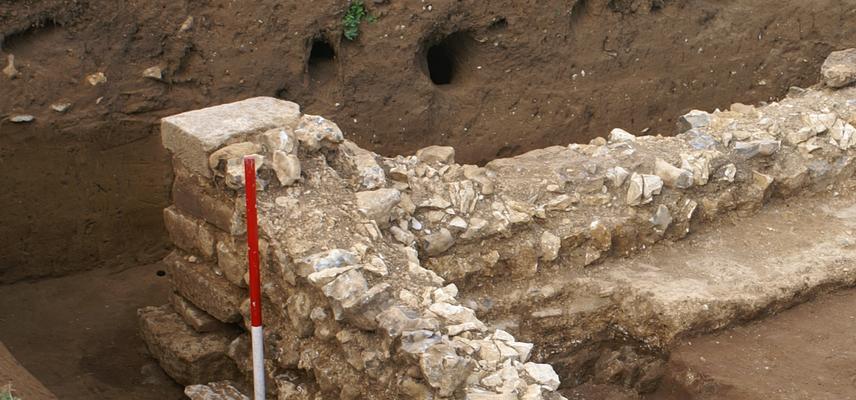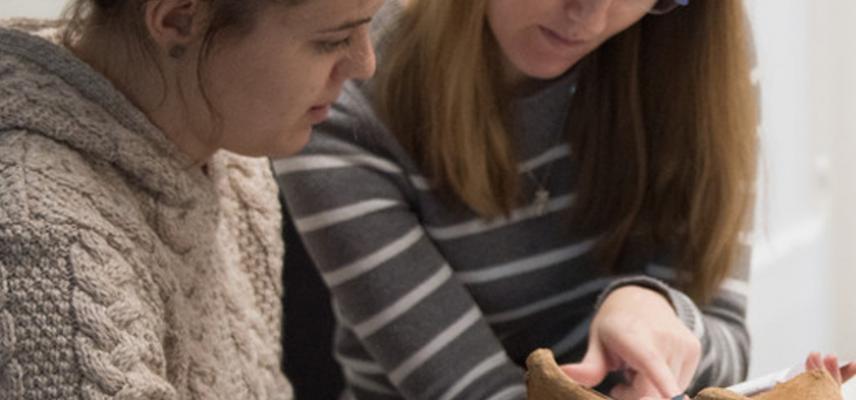Maritime Archaeology Stream
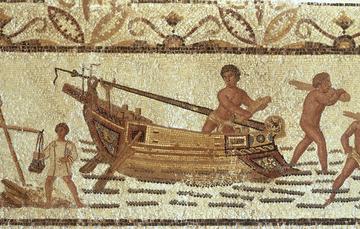
This stream focuses on the archaeological evidence for seafaring and maritime communities. You will engage with traditional, but also newer research methods to analyse archaeological, as well as textual and iconographic evidence used in maritime archaeology.
Your taught modules and independent research will allow you to deepen your knowledge and understanding of archaeological perspectives on maritime societies, and methods and techniques. Focus will be on the ancient cultures of the Mediterranean, but you may also explore the maritime cultures and peoples of other seas and oceans, from antiquity to the early modern period.
The small-group teaching and learning provides you with the opportunity to explore key sources of evidence and approaches in order to investigate and debate a wide range of subjects, such as:
- survey and excavation techniques
- nautical technological developments
- ports and maritime cultural landscapes
- wetland and deepwater archaeology
- maritime ethnography and palaeoenvironmental approaches
Students will also benefit from the Oxford Centre for Maritime Archaeology, a specialist research group within the School of Archaeology supported by the Hilti Foundation.
All MSc in Archaeology students take the mandatory Archaeological Principles: Data & Theory. You will also take two core modules offered within Maritime Archaeology: One List A taught in the first term, and the other from List B taught in the second term. The fourth module is your option module (also from List B), also taught in the second term; this is chosen from all available List B modules in any stream, or a module from the MSt in Classical Archaeology. In some circumstances a subject taught in the MSc in Archaeological Science may be taken as your option module, however this is taught over two terms.
Please note that the modules and streams listed on this website are indicative of the typical offerings and are subject to review each year. Whilst every effort is made to offer the full variety of modules/streams this is not possible to do every year. This is due to the fact that some modules/streams are dependent on student numbers to ensure an appropriate quality of education; timetable clashes; staff availability; etc. For enquiries, please email admissions@arch.ox.ac.uk.
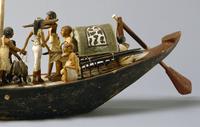
Approaches to maritime archaeology often concentrate on ships and their material remains and while this is an entirely legitimate approach, it can largely ignore the people and the communities that created, sustained and sailed on them.
This paper will provide an overview of key theoretical and conceptual issues relevant to maritime archaeology, and will explore a broad range of social, cultural, technological and environmental issues relating to the creation of maritime societies both on land and at sea. It will examine the development of maritime cultural landscapes and port towns, shipboard societies, and maritime subcultures, alongside themes such as maritime economies, warfare, technological change, and religion, ritual, and superstition.
The paper will stress archaeological perspectives on maritime societies, but will also draw upon anthropological, palaeoenvironmental, documentary, and other sources of information to offer a holistic approach. In covering this range of themes, the paper will address maritime societies and seafaring through time, from the earliest records of coastal subsistence and movement across the sea through to maritime activities documented in textual sources.
Convenors: Dr. Damian Robinson and Dr. Linda Hulin
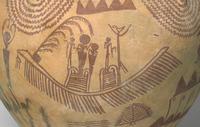
Maritime archaeology can be a very technical discipline and consequently the purpose of the course is to provide an up-to-date overview of the current methods and techniques in maritime archaeology and its allied sub-disciplines of maritime history and anthropology.
The module can include sessions on ethics, survey and excavation techniques, wetland archaeology, approaches to deepwater, interpreting nautical architecture, maritime object biographies, maritime ethnography, presenting maritime archaeology to different audiences.
There are no temporal or geographical limits upon the examples of best and worst practise that will be used in this course.
Convenor: Dr. Damian Robinson
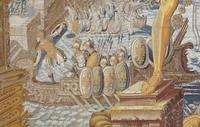
The course examines the development of seafaring through material cultural and maritime history. It will generally concentrate on the ancient cultures of the Mediterranean and connected regions, although other places and time periods can be investigated if there is sufficient interest.
The main trends in the historical development of seafaring cultures will be examined, including the technological development of both military and merchant ships and their cargoes, the growth of ports and nautical architecture, as well as more synthetic approaches to issues such as the maritime economy, naval warfare, the spread of knowledge, and the growth of polities.
The nature of the archaeological, textual and iconographic evidence will be discussed in order to understand the limitations and opportunities inherent in each form of evidence.
Convenor: Dr. Damian Robinson
Previous Dissertation/Essay Titles
- Maritime Archaeological Methods and Techniques in Inland Waterways: A Hypothetical Application in Waterways of the United States Inland Northwest.
- Comparison of the maritime trade in the South China Sea and the Mediterranean.
- The Death of Ship Burials: the ship as cosmology and why ship burials ceased to be used in Viking Age Scandinavia.
- Foreign relations between China and the Arab world in the 10th Century AD from the perspective of Batu Hitam shipwreck
- Investigating the maritime cultural landscape of smuggling in 18th century Southern Britain


